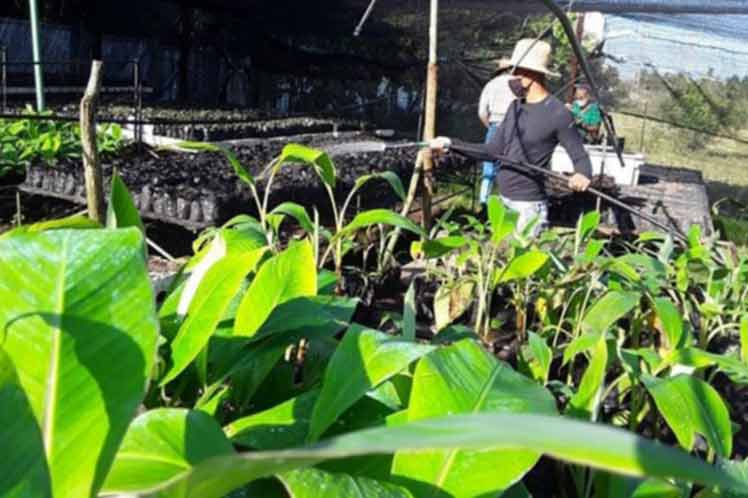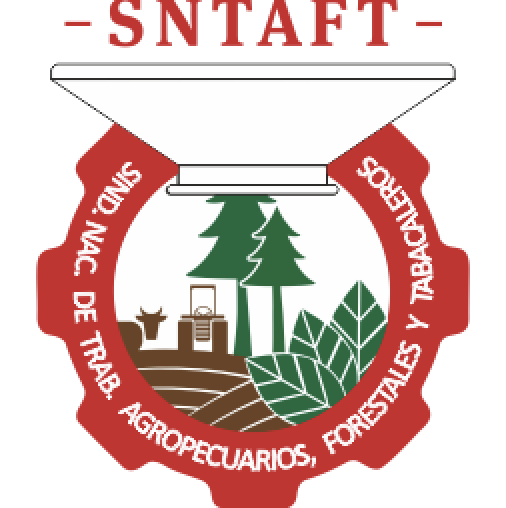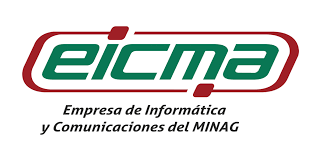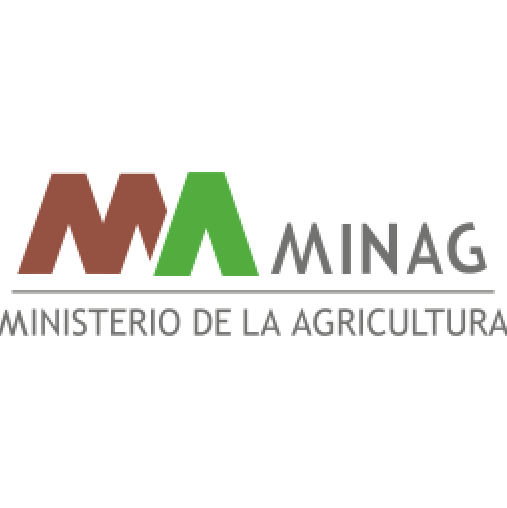GAF
Cuba committed to transforming its agriculture
With the creation of agricultural and forestry productive poles to increase the supply of food to large cities, the food industry and tourism, Cuba is today promoting the transformation of its agriculture.
This decision is part of the efforts aimed at guaranteeing the supply to these three destinations, and favoring the effective substitution of imports and the increase in exports, through innovation processes, technical assistance, agricultural extension and the creation of capacities for all actors. economic that are linked to it. As stated in Resolution 384/2021, published by the Official Gazette of the Republic, the agricultural and forestry productive poles are the conscious, voluntary and orderly coordination and articulation system based on the integral management of agroindustrial value chains and the processes of invention, technical assistance, agricultural extension and training to generate products and services with high added value. Hence, that legal norm, published last Friday, establishes that such organizations have integration as a principle by being made up of companies, cooperatives, producers, own-account workers (private), science, technology and innovation entities and universities. Its functions include being a way for development with the massive introduction of new technologies and advances in science, favoring technical assistance, training and agricultural extension, and facilitating the improvement of the living conditions of the communities. By establishing themselves in a specific geographic area, they must be a source of secure employment for the population of the region it covers and surrounding areas, report economic and social benefits, introduce technologies such as precision agriculture, seeds and breeds of productive animals of high genetic value, and provide professional services to the productive base. These poles may specialize in various crops, rice, tobacco, sugar, citrus, coffee, cocoa, natural fibers, poultry, livestock, pigs, timber, fruit trees, grains, and other agricultural and forestry productions. This is one of the 106 measures approved by the Cuban government to strengthen the agricultural sector and the socialist state enterprise, in order to advance in better conditions and increase the food supply. On the subject, the Minister of Agriculture, Idael Pérez recently explained that among these actions is also the new marketing policy, which favors not only sowing and harvesting, but also sales to meet the demand of the population with a permanent supply in the entire network of markets. Everything is done, he said, recognizing the current costs from the country's economic limitations due to the tightening of the economic blockade imposed by the United States, the effects of Covid-19 and climate change, factors that affect the purchase of inputs to cultivate the land and its yields. Pérez insisted that the policies approved and in execution are an expression of the political and governmental will to strengthen the agricultural sector, which makes it easier to manage resources and prices, cover the domestic market in foreign exchange, boost exports, and improve working conditions and wages in the sector. On these bases, today there are no limitations or restrictions for agricultural commercialization, because the objective is to avoid losses and that everything that is sown reaches the Cuban table in the best conditions and with quality. For this purpose, the country will have a fund of 1,800 million pesos (75 million dollars) for the promotion of the cultivation of rice, banana, yucca, fruits, pig production and cattle, which must be executed in what Subtraction from 2021 in companies whose performance has a favorable impact on the prioritized lines. The credit is granted with an interest rate of 1.5 percent for working capital, with a repayment term in correspondence with the productive cycle of the crop or activity, and of two percent for investments so that financial savings they will favor the recipients. For this monetary support, whose operations began on September 1, it is important to select the producers that can be state, cooperative and beneficial owners, who will be assisted with this loan for its immediate execution.




